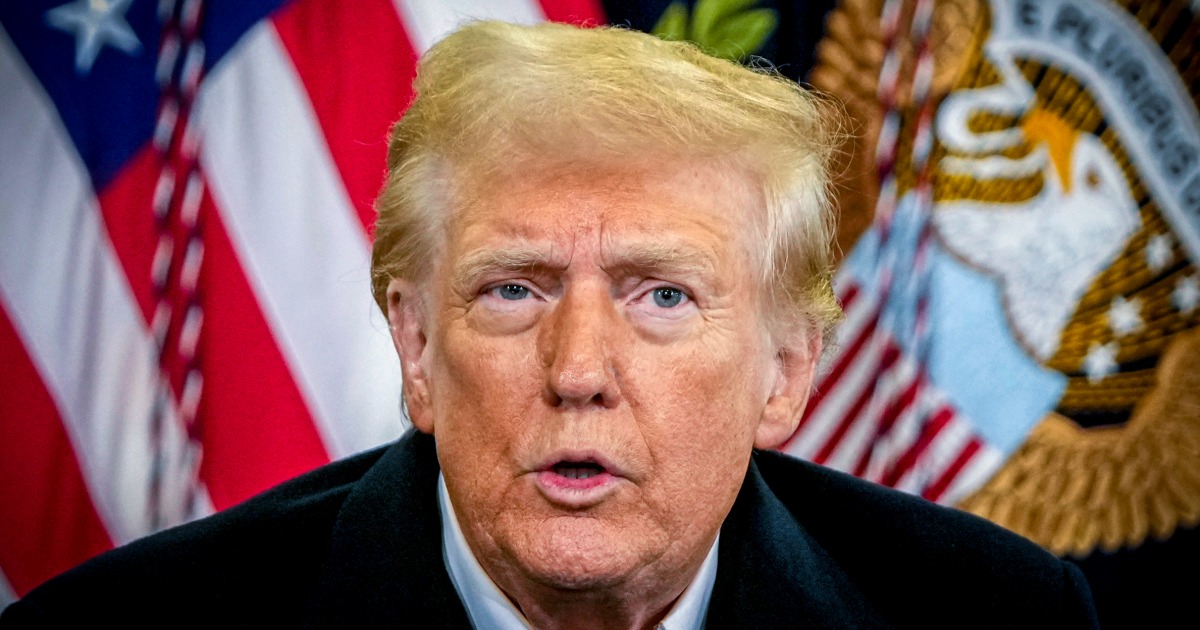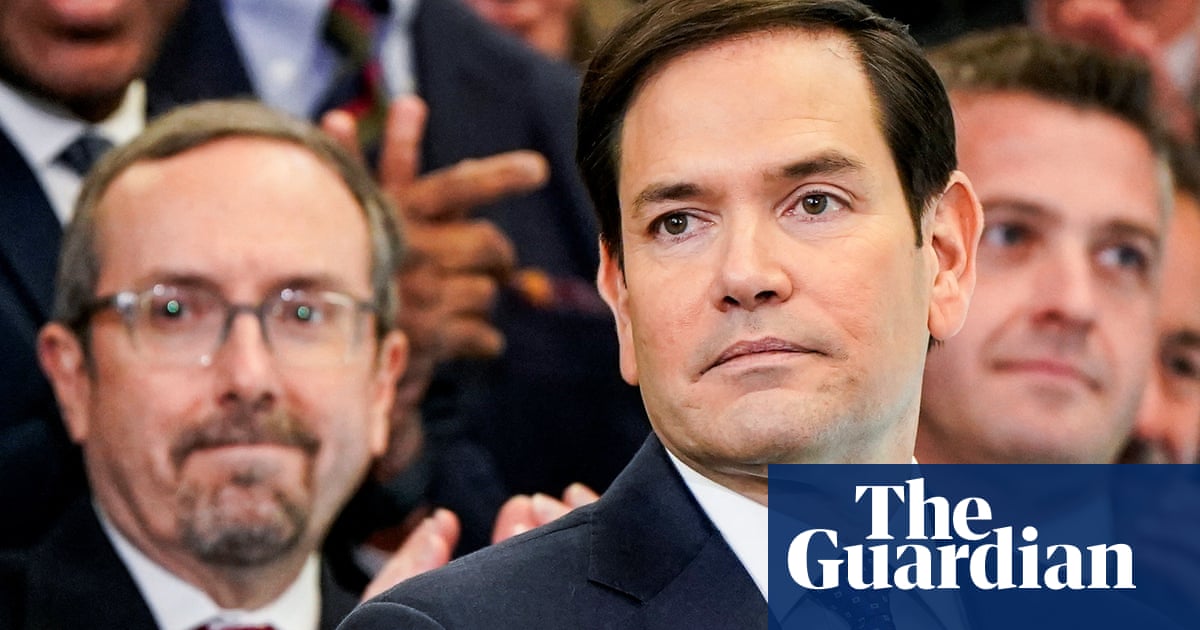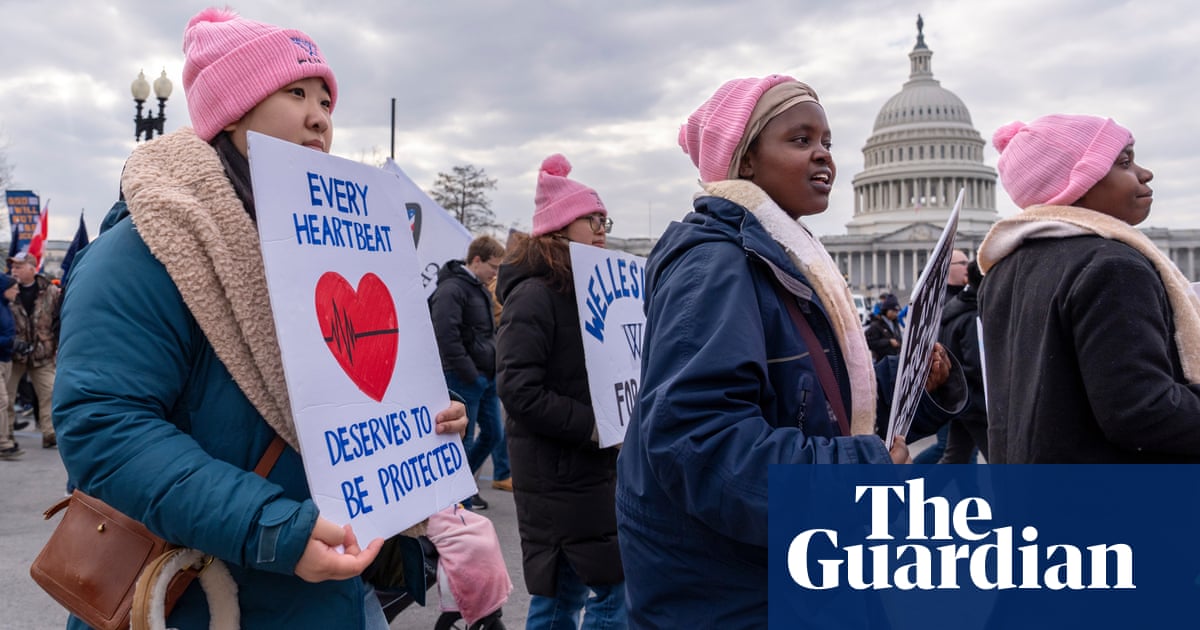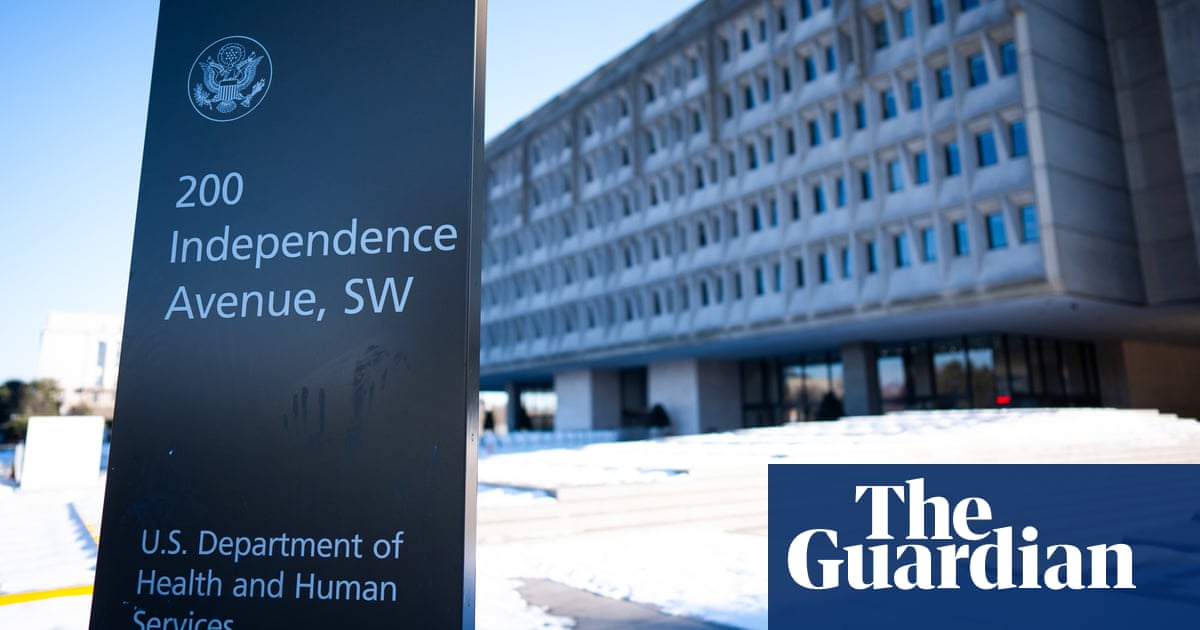When American voters headed to the ballot box in November, polls suggested the cost of living, immigration and reproductive rights ranked among their biggest concerns.
But tucked within this week’s barrage of executive orders was an attack on an initiative that had in recent years become increasingly weaponised around the world: measures that sought to tackle discrimination.
Donald Trump signed two executive orders aimed at unwinding the federal government’s decades-long push to ensure an inclusive workplace that reflects American society.
The directives also instruct federal agencies to develop plans to deter diversity, equity and inclusion measures – often referred to as DEI – in the private sector, a move viewed by some as an attempt to ward off companies from addressing discrimination in their workplaces.
Here, we take a look at how the push for a more equal society became a flashpoint in the so-called culture wars, and what it could mean for a world still fraught with power imbalances.
What is DEI?
Put simply, it is a generic label given to the wide-ranging measures that aim to ensure people of all backgrounds – including from historically marginalised groups – can gain a foothold and thrive at organisations.
The roots of the term trace back to the US in the 1960s, with the label used to describe programmes that tackled discrimination based on gender, sexual orientation, religion and disability.
The measures have long acted as a counter to the biases that quietly endure in so-called colour-blind and merit-based societies, as Rev Al Sharpton, the president of the National Action Network, alluded to this week.
“Why do we have DEI?” he asked a crowd gathered at a black church a few blocks from the White House on Monday. “We have DEI because you denied us diversity, you denied us equity, you denied us inclusion. DEI was a remedy to the racial institutional bigotry practised in academia and in these corporations.”
Why has it come under fire?
In 2023, the US supreme court ruled against race-conscious admission programmes at colleges and universities, reversing decades of precedent. The decision emboldened conservatives and unleashed a flood of lawsuits aimed at dismantling policies designed to foster diversity, equity and inclusion
At the heart of these challenges was the argument that these anti-discrimination measures were in fact discriminatory towards the groups that had historically dominated workplaces, including white Americans.
DEI soon became a talking point, at times acting as a sort of dog whistle and scapegoat, as the measures were falsely blamed for events such as the demise of Silicon Valley Bank, Boeing’s aircraft safety problems and the collapse of a bridge in Baltimore after it was struck by a cargo ship.
The battle against DEI soon became another tool in conservatives’ assault on what they deemed as “woke”, epitomised by Florida’s attempt to pass a “Stop Woke” law that banned companies from requiring diversity training. An appeals court later deemed the law to be a violation of the first amendment.
Those who fuelled the animosity towards DEI included the tech billionaire Elon Musk, who noted on social media: “DEI is just another word for racism. Shame on anyone who uses it.” The stance was later echoed by Trump during his presidential campaign as he claimed there was “a definite anti-white feeling in this country”.
Who has backed these measures?
Trump’s actions this week were swiftly countered by legislators from more than 30 states who, in a letter first reported on by USA Today, argued that the US had long been strengthened by efforts to include everyone, with initiatives such as the expansion of the right to vote and the decision to allow women the right to open bank accounts in their own names. “Anti-DEI rhetoric and policy goals are dangerous, destructive, and discriminatory,” the letter noted. “Ultimately, they erect barriers to our American dreams.”

Others, such as Mark Cuban, the billionaire businessman and minority owner of the Dallas Mavericks, have highlighted the logic that underpins these measures. “Good businesses look where others don’t, to find the employees that will put your business in the best possible position to succeed,” he wrote on social media. “Having a workforce that is diverse and representative of your stakeholders is good for business.”
What evidence is there to back DEI measures?
In 2022, McKinsey & Company noted that companies that are diverse, equitable and inclusive were better able to respond to challenges, win top talent and meet the needs of varied customer bases. The focus on diversity allowed them to find talent wherever it may be, while the expanding focus on equity and inclusion helped minimise employee turnover, reducing expenses such as hiring and training.
The finding was backed by another report, published in 2020, that analysed 1,000 US firms. It found that companies with greater gender and ethnic diversity were more likely to outperform their peers. The difference was significant, with gender diversity leading to a 25% probability of higher profits, while ethnic diversity led to a 36% probability.
Speaking to CNN in October, Ken Frazier, who as head of Merck between 2011 and 2021 was the first Black chief executive of a large pharmaceuticals company, summed it up: “At its best, DEI is about developing talent, measuring it in a fair way and finding hidden talent and disadvantaged talent in a world where not everybody has an equal chance to exhibit their abilities.”
The experience of the US federal government – the largest employer in the US – also suggests these approaches benefit a wider range of employees. Decades of anti-discriminatory measures had yielded a truly merit-based federal workforce whose demographics reflect the country it sought to serve, said Everett Kelley, the national president of the American Federation of Government Employees.
“The federal government has the lowest gender and racial pay gaps of all employers, precisely because employment decisions are made based on one’s ability to do the work and not on where they went to school or who they supported in the last election,” Kelley said this week.
“Undoing these programmes is just another way for President Trump to undermine the merit-based civil service and turn federal hiring and firing decisions into loyalty tests.”
Are DEI measures still needed?
A 2023 poll by Pew Research Center found that six in 10 Americans believed that being white helped a person’s ability to get ahead, with 42% saying it helped a lot. Those surveyed were also more likely to say that being a woman, Hispanic or Asian was more harmful than helpful.
As Trump joined conservatives in rallying against DEI, companies such as Meta, McDonald’s and Amazon were among the many that said they were rolling back efforts to promote diversity and inclusion in their workplaces.
Their exodus belied the fact that much of the private sector remained a laggard on diversity and inclusion. Last year, female chief executives led just 28 of the world’s 500 largest businesses, while Black executives led eight of them – amounting to 1.6% of the total.
How will Trump’s measures play out globally?
To a lesser extent, the debate over diversity and pushback against all seen as woke has for years been a talking point among certain factions of the political establishment in Europe. Last February, the UK’s then defence secretary, Grant Shapps, was reported to be furious after it emerged that the army was considering relaxing security checks in an attempt to increase diversity. Speaking to the Telegraph, Shapps linked the measures to a “political agenda”, adding: “There is a woke culture that has seeped into public life over time and is poisoning the discourse.”
In England, the Department for Education had resisted calls to make the teaching of Black history compulsory, with the then schools minister, Nick Gibb, insisting in 2021 that “a curriculum based on relevance to pupils is to deny them an introduction to the ‘best that has been thought and said’,” while unions representing museum staff expressed fears in 2021 that the culture secretary, Oliver Dowden, was seeking to “airbrush” Britain’s colonialist and racist past.

The then government’s pushback detracted from the work that remained to be done in the UK: in 2020, a survey found that black people held just 1.5% of the 3.7m leadership positions across the UK’s public and private sectors in 2019.
There are similar examples across the continent. In France in 2021, Élisabeth Moreno, the minister tasked with gender equality and diversity in President Emmanuel Macron’s government, dismissed white privilege as a controversial US notion in an interview with Bloomberg.
“Woke culture is something very dangerous, and we shouldn’t bring it to France,” she added. Years earlier, another lawmaker from Macron’s party, François Jolivet, scorned a major French dictionary for including a gender-inclusive pronoun in its online edition, accusing them of being “militants of a cause that has nothing to do with France: #wokisme.”
In Hungary, the prime minister, Viktor Orbán, banned gender studies at universities, claiming that people were born either male or female.
It could be that the debate has failed to take root in much of Europe precisely because most countries insist on a colour-blind approach – one that prevents the collection of demographic data on ethnicity that could establish the prevalence of discrimination in workplaces, the housing market and at the hands of police.
The lack of data could explain why a poll in April of 1,800 managers and employees across nine European countries concluded that just 7% of the workplaces surveyed were building a diverse and inclusive culture.

 German (DE)
German (DE)  English (US)
English (US)  Spanish (ES)
Spanish (ES)  French (FR)
French (FR)  Hindi (IN)
Hindi (IN)  Italian (IT)
Italian (IT)  Russian (RU)
Russian (RU)  7 hours ago
7 hours ago
























Comments